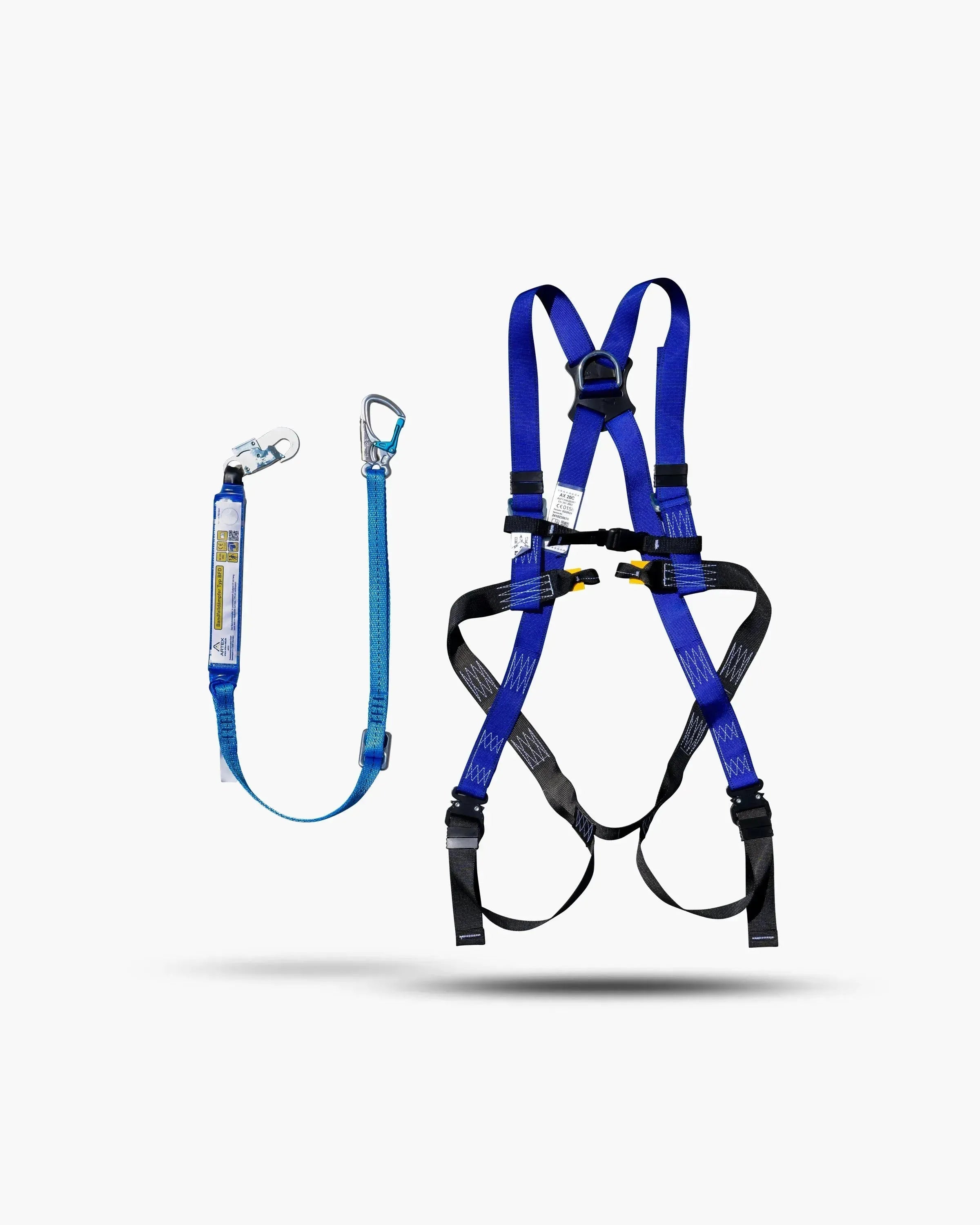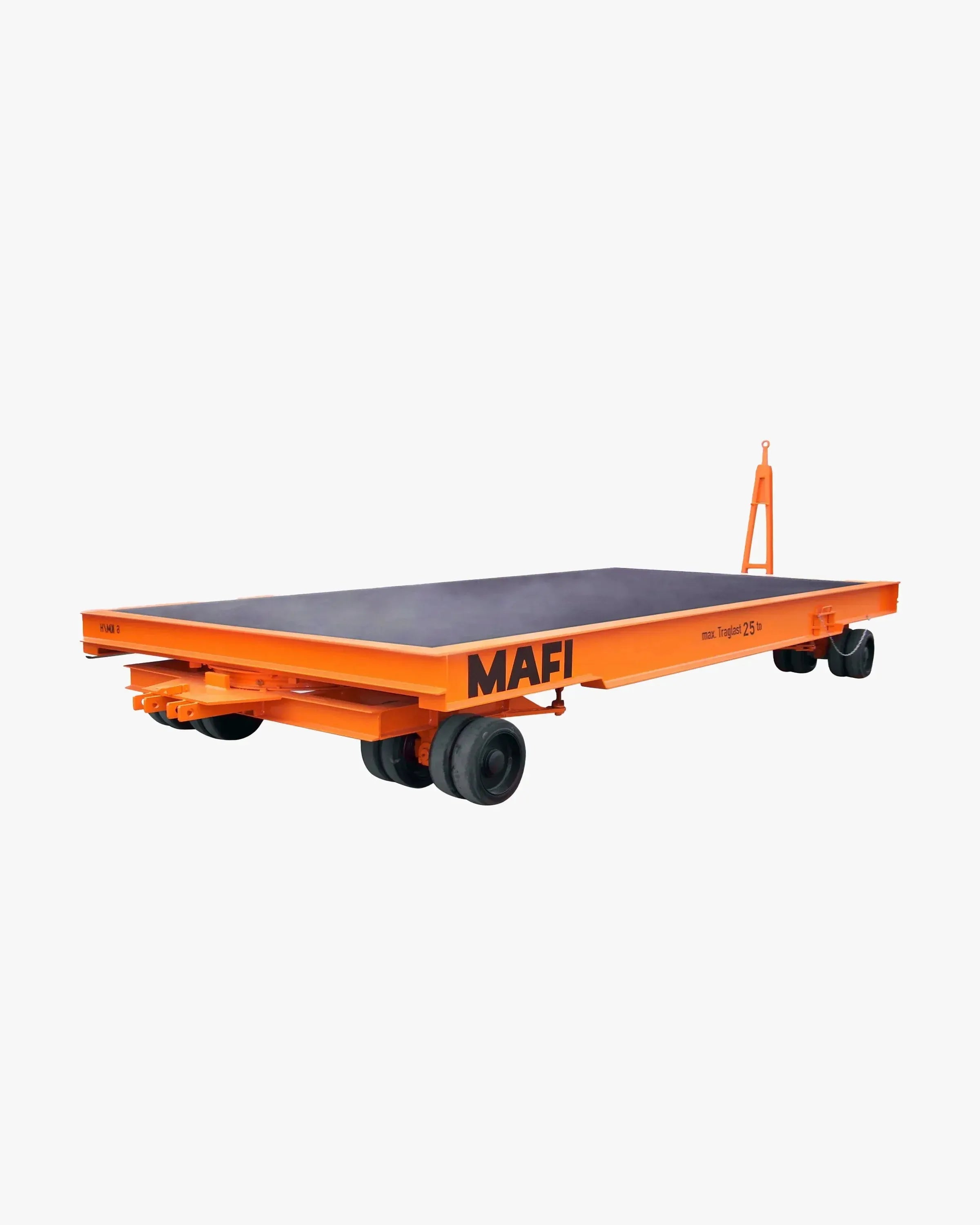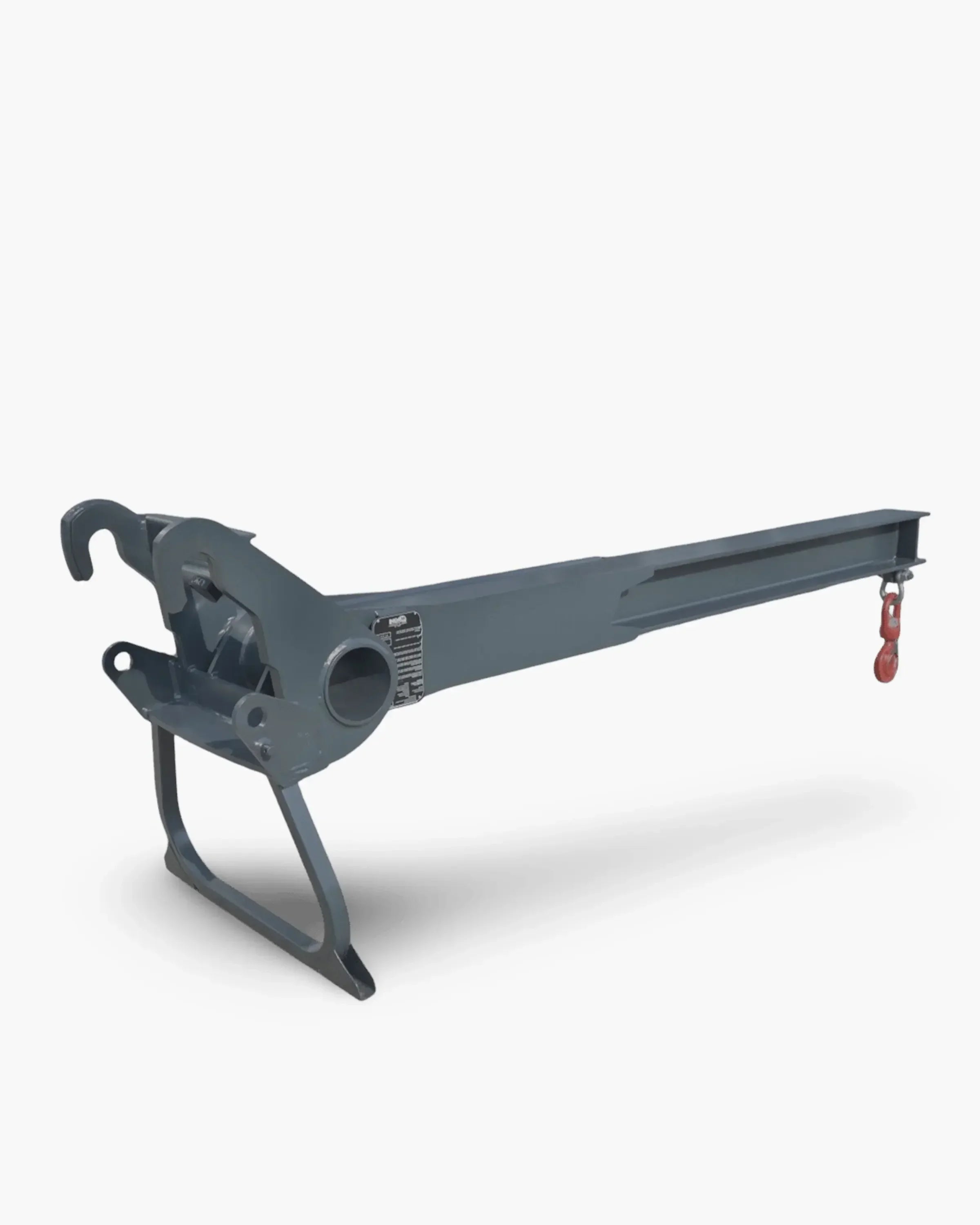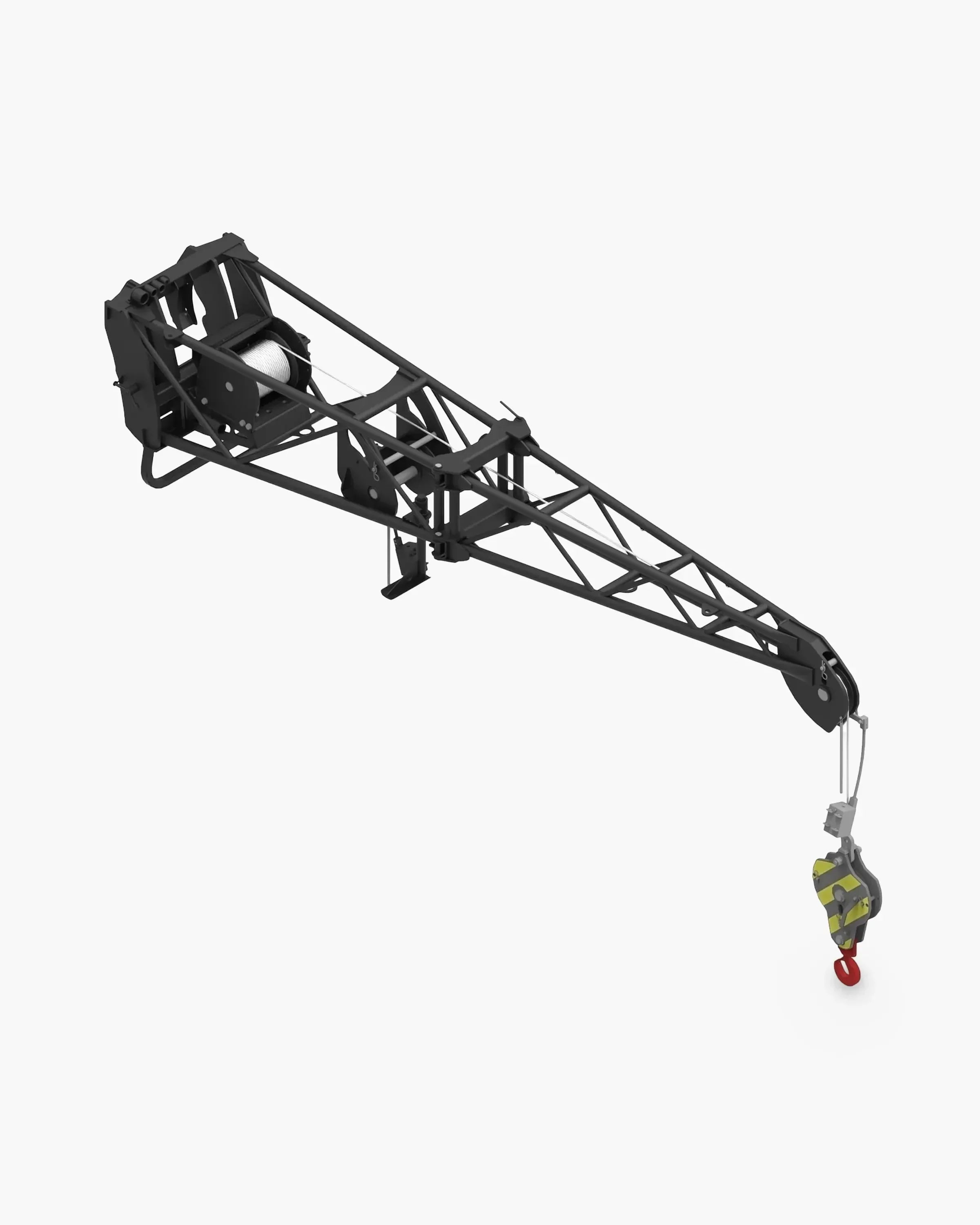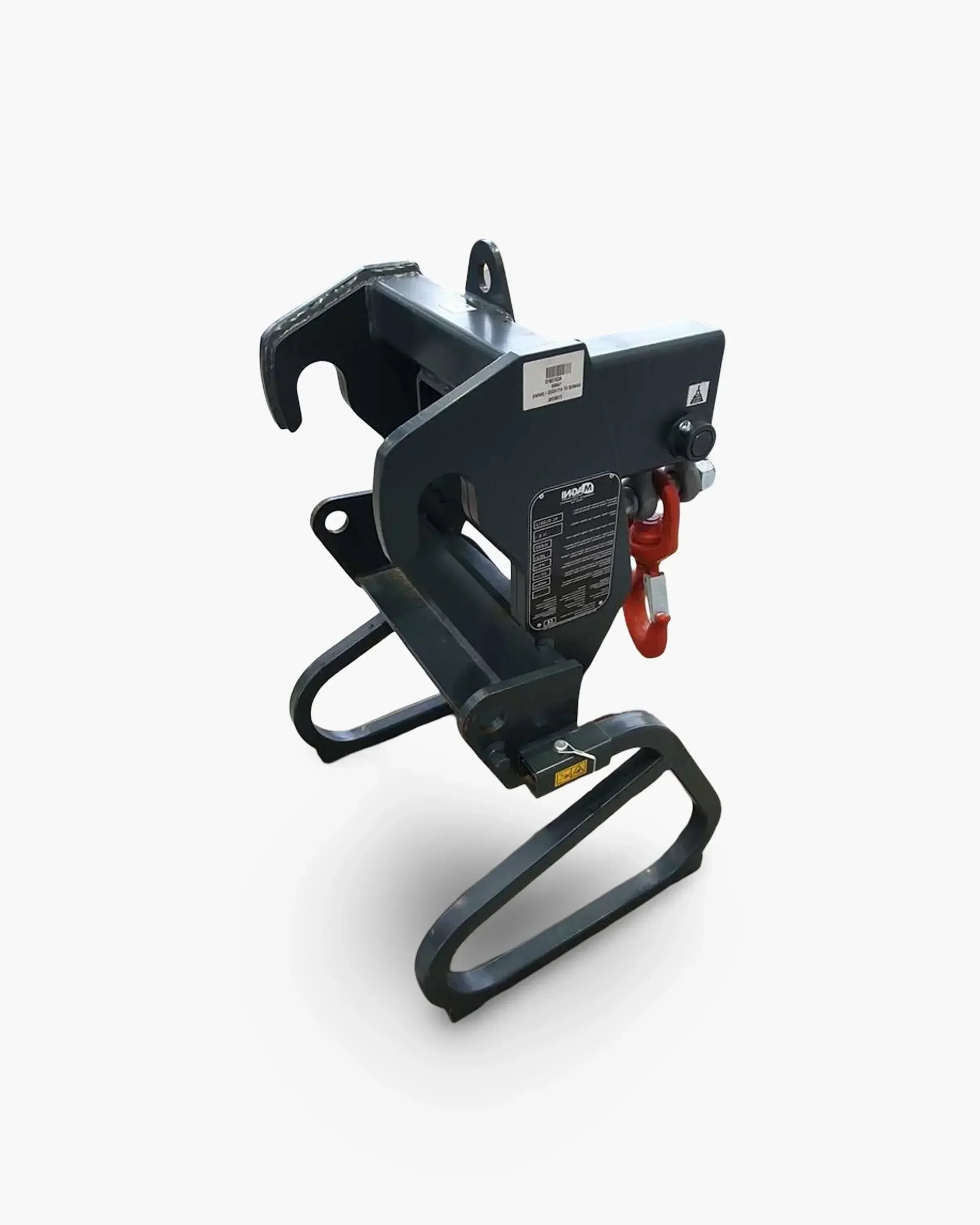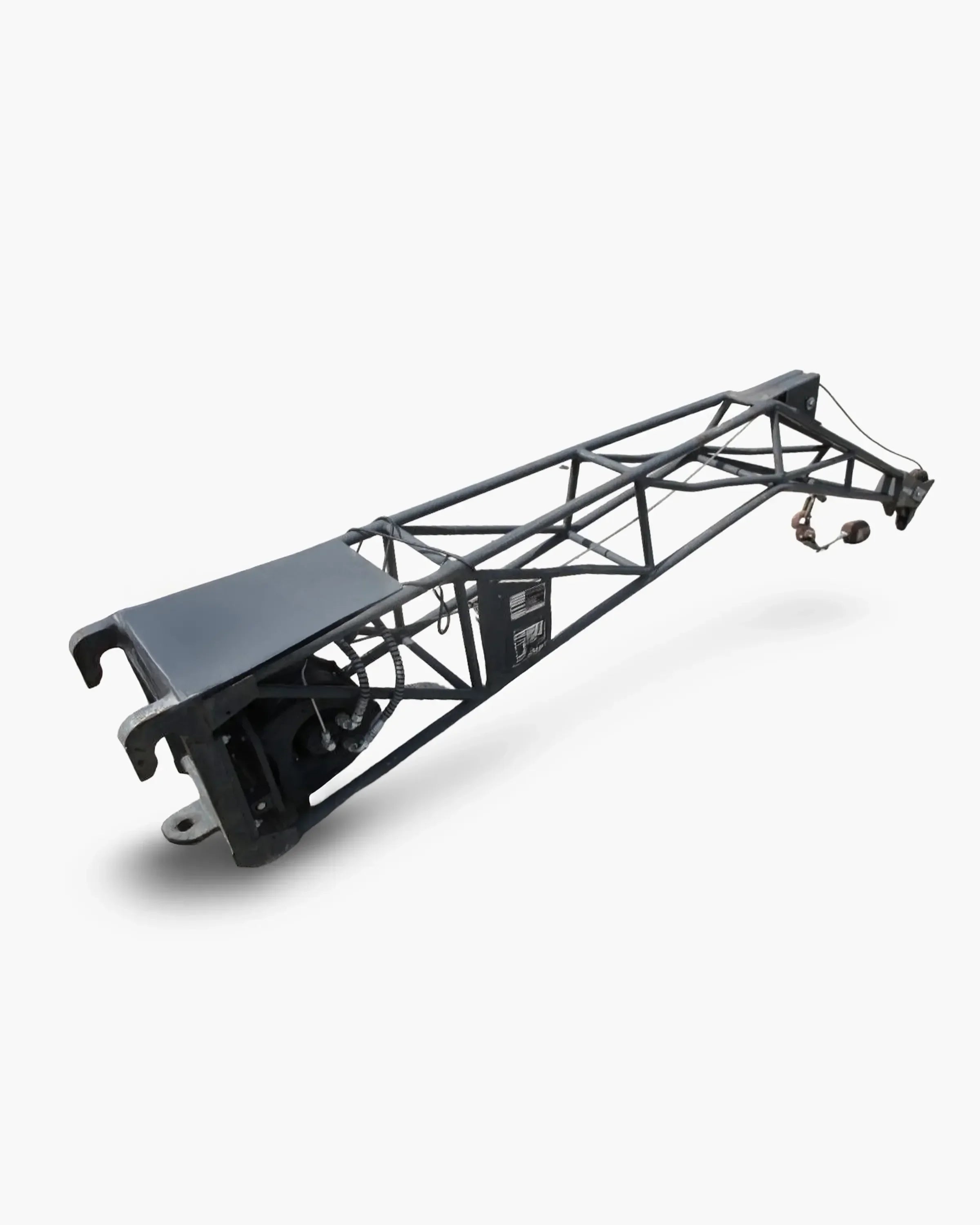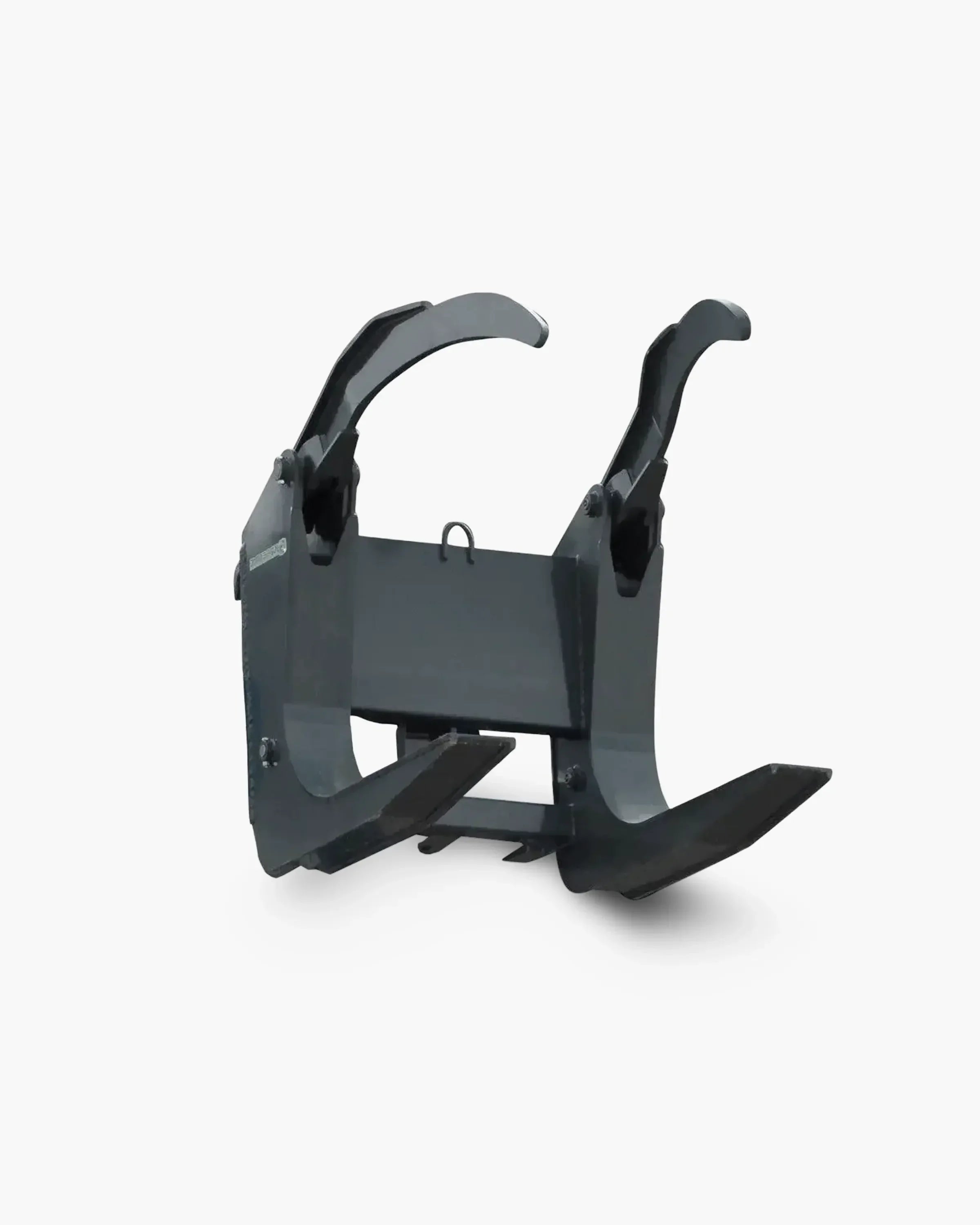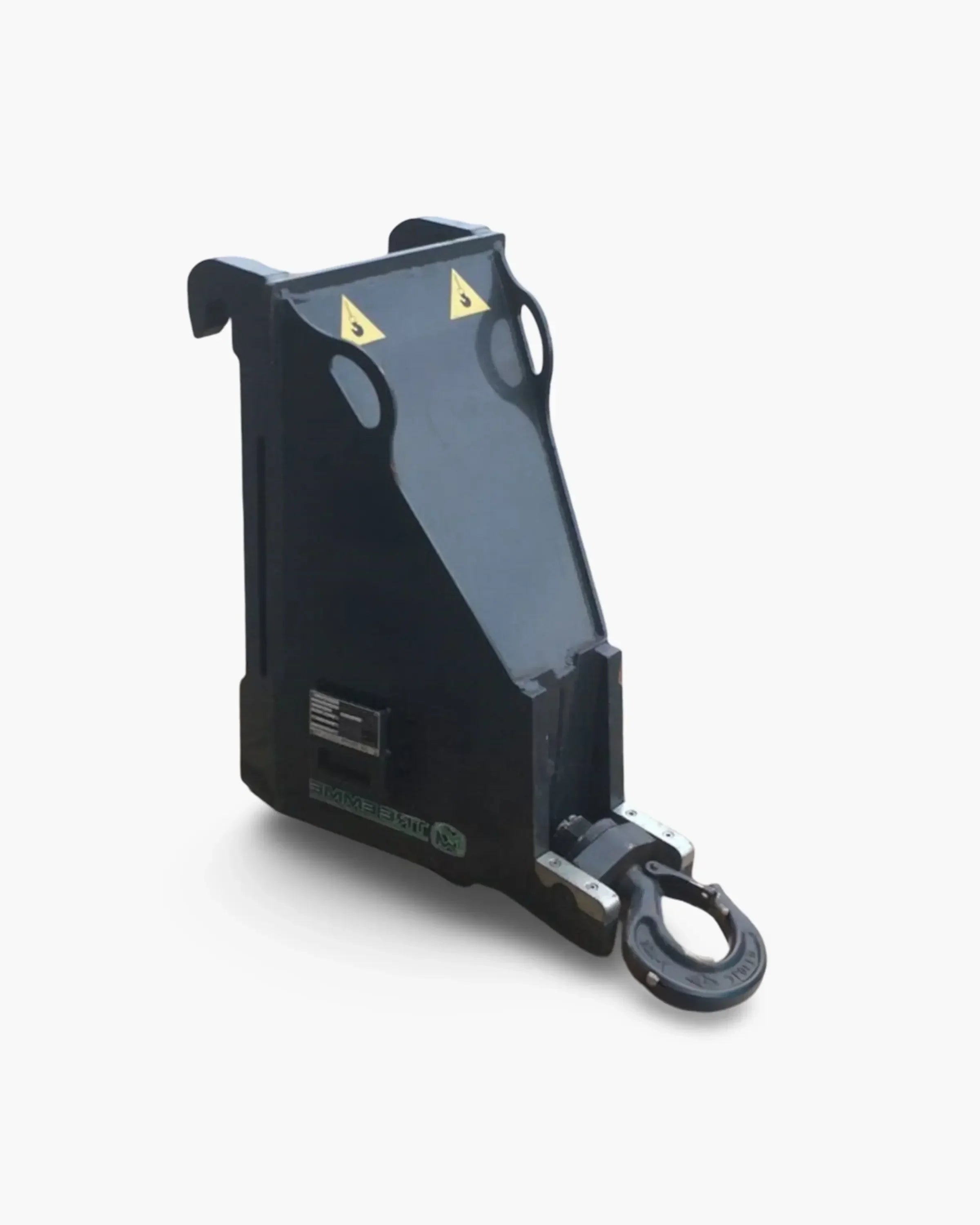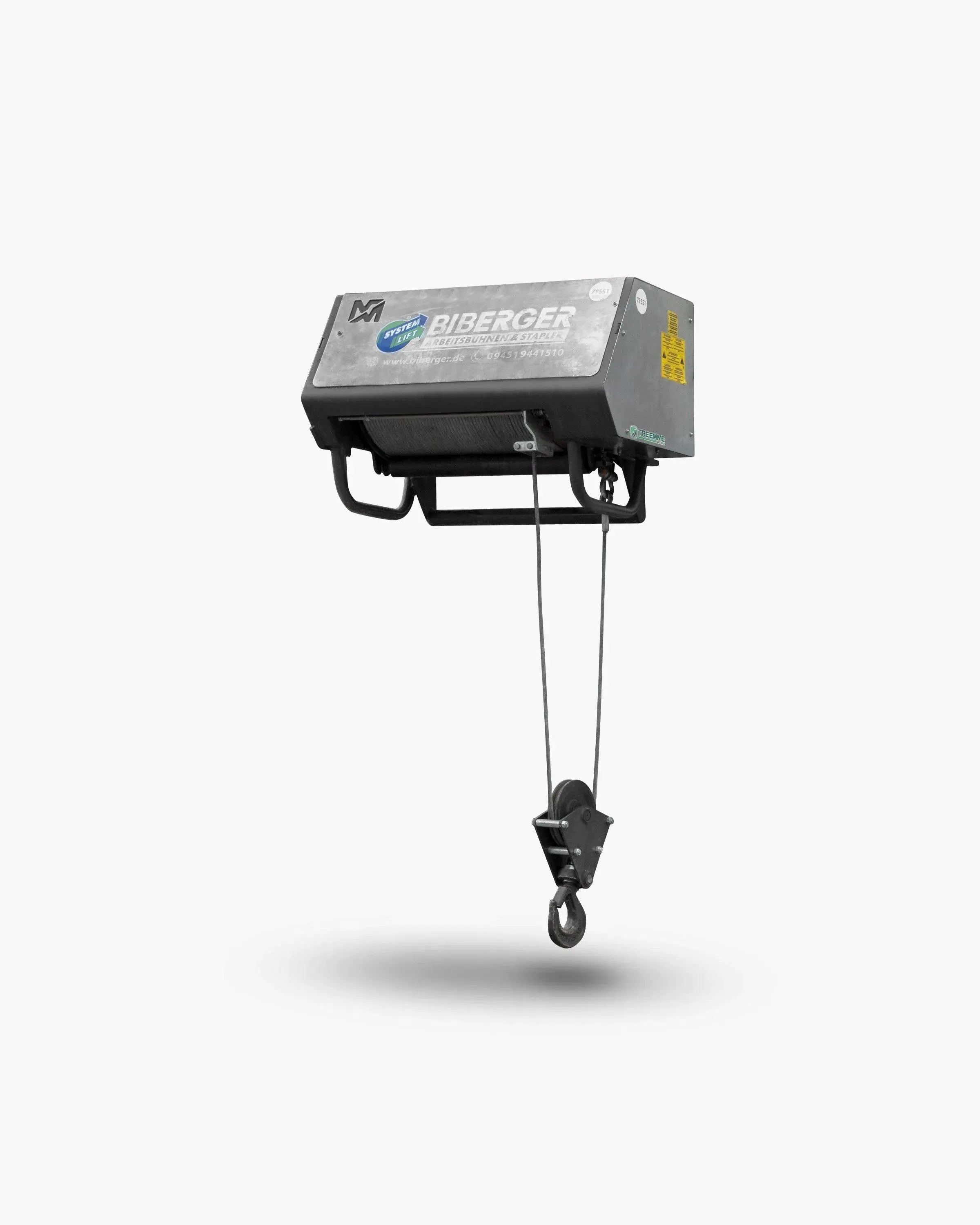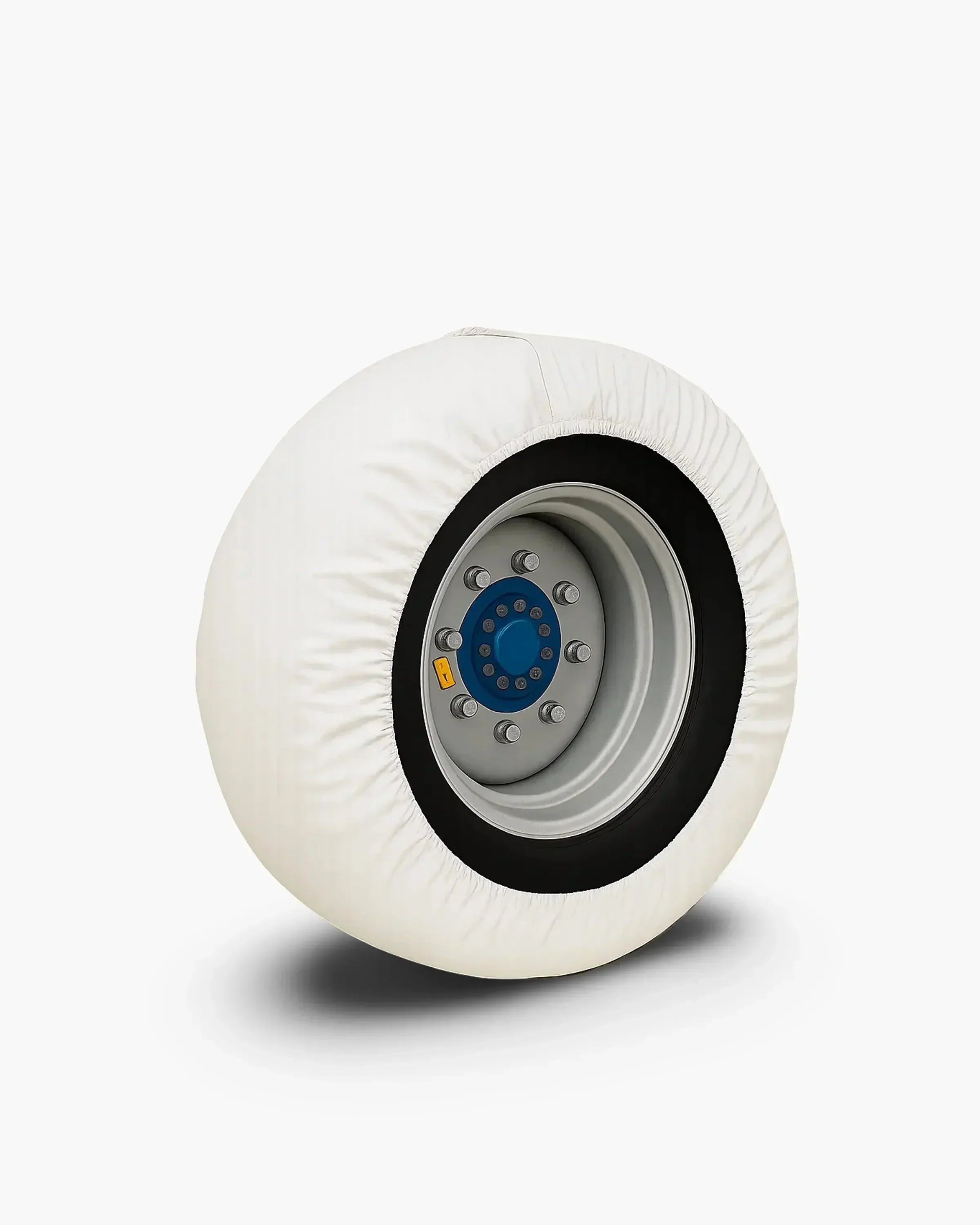rental conditions
General rental contract terms and conditions for the rental of construction machinery, construction equipment and industrial machinery (B2B)
1. General – Scope
1.1 These General Rental Terms and Conditions of the Lessor apply to all offers and rental agreements for the rental of construction machinery, construction equipment and industrial machinery; rental contract conditions of the tenant is expressly contradicted.
1.2 These General Rental Terms and Conditions also apply to future contracts on the rental of movable property with the same tenant.
1.3 Individual agreements made with the tenant in individual cases (including ancillary agreements, additions and changes) always take precedence over these rental agreement terms and conditions.
1.4 Legally relevant declarations and notifications which the tenant must make to the landlord after the conclusion of the contract must be in text form to be effective.
1.5 Unless otherwise stated, all rental contract offers made by the landlord are subject to change.
1.6 The underlying rental agreement and these General Rental Agreement Terms and Conditions only apply to an entrepreneur, a legal entity under public law or a special fund under public law in accordance with Section 310 Paragraph 1 Sentence 1 of the German Civil Code (BGB).
2. General rights and obligations of landlord and tenant
2.1 The landlord undertakes to rent the rental object to the tenant for the agreed rental period.
2.2 The renter undertakes to use the rental item only for its intended purpose, in particular to carefully observe the relevant accident prevention and occupational health and safety regulations as well as road traffic regulations, in particular with regard to loading and transport of the rental item, to pay the rent as agreed, to treat the rental item properly and to return it cleaned and with a full tank at the end of the rental period.
2.3 The tenant is obliged to inform the landlord immediately upon request of the current location or place of use of the rental item as well as any intended change of location or place of use.
3. Transfer of the rental object, delay of the landlord
3.1 The lessor must hand over the rental object to the lessee in perfect, operational and fully fuelled condition together with the necessary documents.
3.2 If the landlord is in default with the handover at the start of the rental period, the tenant can demand compensation if it can be proven that he has suffered damage as a result of the delay. Notwithstanding clause 5.1, in the case of slight negligence, the compensation to be paid by the landlord for each working day is limited to a maximum of the daily net rental price. After setting a reasonable deadline, the tenant can terminate the contract if the landlord is still in default at that time.
3.3 In the event of default, the landlord is also entitled to provide the tenant with a functionally equivalent rental item to remedy the damage, provided this is reasonable for the tenant.
4. Defects upon handover of the rental object
4.1 The tenant is entitled to inspect the rental property in good time before the start of the rental period and to complain about any defects. The costs of an inspection are borne by the tenant.
4.2 Defects that are apparent upon handover and that significantly impair the intended use cannot be complained about if they are not reported to the lessor in writing immediately after inspection. Other defects that were already present upon handover must be reported in writing immediately after discovery.
4.3 The landlord must remedy any defects that were reported in good time and that were present at the time of handover at his own expense. At the landlord's discretion, he can also have the tenant carry out the repair; in this case, he will bear the necessary costs. The landlord is also entitled to provide the tenant with a functionally equivalent rental object if this is reasonable for the tenant. In the event of significant impairments to the rental object, the tenant's obligation to pay is postponed by the time during which the suitability for contractual use is no longer applicable. For the period during which the suitability is reduced, the tenant only has to pay an appropriately reduced rent. An insignificant reduction in suitability is not taken into account.
4.4 If the landlord fails to remedy a defect that was present at the time of handover within a reasonable grace period set for him through his own fault, the tenant has the right to terminate the contract. The tenant's right to terminate the contract also exists in other cases where the landlord fails to remedy a defect that was present at the time of handover.
5. Limitation of liability of the landlord
5.1 Further claims for damages against the lessor, in particular compensation for damages that did not occur on the rental object itself, can only be asserted by the tenant if
• an intentional breach of duty by the landlord;
• a grossly negligent breach of duty by the landlord or an intentional or grossly negligent breach of duty by a legal representative or vicarious agent of the landlord;
• the culpable breach of essential contractual obligations insofar as the achievement of the purpose of the contract is endangered, with regard to the contract-typical, foreseeable damage;
• Damages resulting from injury to life, body or health resulting from a negligent breach of duty by the landlord or an intentional or negligent breach of duty by a legal representative or vicarious agent of the landlord;
• if the landlord is liable under the Product Liability Act for personal injury or property damage to privately used items. Otherwise, liability for damages is excluded.
5.2 If, through the fault of the lessor, the rental object cannot be used by the tenant in accordance with the contract due to the failure or incorrect implementation of suggestions and advice given before or after conclusion of the contract as well as other contractual ancillary obligations - in particular instructions for the operation and maintenance of the rental object - the provisions of sections 4.3 and 4.4 as well as section 5.1 shall apply accordingly, excluding any further claims by the tenant.
6. Rental price and payment, assignment to secure the rental debt
6.1 The rental calculation is based on working hours of up to 8 hours per day. Billing is based on a five-day week (Monday to Friday). Weekend work, additional working hours and difficult assignments must be reported to the landlord in writing; they will be charged additionally.
6.2 Unless otherwise stated, all prices are exclusive of VAT.
6.3 The landlord is entitled to demand an appropriate advance payment of the rental price from the tenant at any time.
6.4 The Tenant shall only have the right to withhold payments or to offset them against counterclaims if his counterclaims are undisputed or have been legally established or if they are counterclaims that are ready for decision in pending legal proceedings.
6.5 Amounts due will be included in the current account with regard to a current account retention of title agreed between the contracting parties for deliveries.
6.6 The landlord is entitled to demand an appropriate non-interest-bearing deposit from the tenant as security at any time.
6.7 The tenant assigns to the landlord his claims against his client, for whose order the rental object is used, in the amount of the agreed rental price, less the deposit received. The landlord accepts the assignment.
6.8 The landlord undertakes to release the securities to which the landlord is entitled at the request of the tenant, provided that their value exceeds the claims to be secured by more than 20%.
7. Standstill clause
7.1 If work at the workplace for which the equipment is rented is suspended for at least ten consecutive days due to circumstances for which neither the lessee nor his client is responsible (e.g. frost, flooding, strikes, civil unrest, war events, official orders), this period shall be deemed to be downtime from the 11th calendar day.
7.2 The rental period agreed for a specific period shall be extended by the period of downtime.
7.3 The Lessee shall pay for the downtime the agreed percentage of the agreed monthly rent corresponding to this period, based on a daily shift time of 8 hours; unless otherwise agreed, the percentage of 75% shall apply.
7.4 The Lessee must immediately notify the Lessor in writing of both the cessation of work and its resumption and, upon request, provide evidence of the downtime by means of documents.
8. Tenant's maintenance obligation
8.1 The tenant is obliged
a) to protect the rental object from excessive use in every way;
b) to carry out the proper and professional maintenance and care of the rental object at his own expense;
c) to announce necessary inspection and repair work in good time and to have it carried out immediately by the landlord. The landlord will bear the costs if the tenant and his assistants can prove that they have taken all due care.
d) to observe all regulations and technical rules relevant to use.
8.2 The landlord is entitled to inspect the rental property at any time and, after prior agreement with the tenant, to examine it himself or have it examined by a representative. The tenant is obliged to facilitate the inspection by the landlord or his representative in every way. The landlord bears the costs of the inspection.
9. Liability of the tenant when renting with service personnel
If the rental item is rented with operating personnel, the operating personnel may only be used to operate the rental item and not for any other work. The lessor is only liable for damage caused by the operating personnel if he has not selected the operating personnel properly. Otherwise, the tenant bears liability.
10. Termination of the rental period and return of the rental item
10.1 The tenant is obliged to notify the landlord in good time of the intended return of the rental object (release notification).
10.2 The rental period ends on the day on which the rental item, with all parts required for its commissioning, arrives at the lessor's storage location or at another agreed destination in proper and contractual condition, but at the earliest upon expiry of the agreed rental period.
10.3 The renter must return the rental item in an operational, fully fuelled and clean condition or have it ready for collection.
10.4 The return delivery must take place during the Lessor’s normal business hours in such a timely manner that the Lessor is able to inspect the rental item on that day.
11. Violation of the maintenance obligation
11.1 If the rental object is returned in a condition which shows that the tenant has not fulfilled his maintenance obligation as set out in clause 8, the tenant is obliged to pay the rental price as compensation until the repair work that was not carried out in breach of the contract has been completed.
11.2 The extent of the defects and damage for which the tenant is responsible must be communicated to the tenant and he must be given the opportunity to inspect them. The landlord must provide the tenant with an estimated amount of the costs of the repair work required to remedy the defects and damage, if possible before the repair work begins.
11.3 The proper return of the rental object is deemed to be accepted by the lessor if, in the case of timely return within the meaning of clause 10.4, identifiable defects are not complained about immediately and, in the case of other defects, are not complained about within 14 calendar days after arrival at the destination.
12. Further obligations of the tenant
12.1 The tenant may not transfer the rental object to a third party without the prior written consent of the landlord, nor may he assign rights arising from this contract or grant any rights of any kind to the rental object.
12.2 Should a third party assert rights to the rental object by seizure, attachment or similar, the tenant is obliged to notify the landlord immediately in writing and verbally in advance and to notify the third party of this immediately by means of a verifiable communication in writing.
12.3 The tenant must take appropriate measures to protect the rental object against theft.
12.4 The tenant must inform the landlord of all accidents, make as complete an assessment of the damage as possible to secure the best possible evidence and await the landlord's instructions. In the event of traffic accidents and suspected criminal offenses (e.g. theft, damage to property), the police must be called.
12.5 If the tenant culpably violates the above provisions under 12.1 to 12.4, he is obliged to compensate the landlord for all damages resulting therefrom.
13. Termination
13.1 a) The rental agreement concluded for a specific rental period cannot, in principle, be terminated early by either contracting party.
b) The same applies to the minimum rental period within the framework of a rental agreement concluded for an indefinite period. After the minimum rental period has expired, the tenant has the right to terminate the rental agreement concluded for an indefinite period with one day's notice.
c) For rental agreements for an indefinite period without a minimum rental period, the notice period is
• one day if the rental price is per day;
• two days if the rental price is per week;
• one week if the rental price per month
agreed.
13.2 The landlord is entitled to terminate the rental agreement without notice
a) in the event of default of payment by the tenant;
b) if after the conclusion of the contract it becomes apparent to the landlord that the claim to payment of rent is jeopardised by the tenant's lack of performance;
c) if the tenant uses the rental object or part of it for purposes other than those intended without the consent of the landlord or moves it to another location outside the Federal Republic of Germany without the prior written consent of the landlord;
d) in cases of violations of clause 8.1 and clause 12.1.
13.3 If the landlord exercises his right of termination under clause 13.2, the legal consequences provided for by law apply. Clauses 10 and 11 apply accordingly.
13.4 The tenant may terminate the rental agreement without notice if the use of the rental property is not possible for a longer period of time due to reasons for which the landlord is responsible.
14. Loss of the rental property
If it is impossible for the tenant to comply with his obligation to return the rental object as per clause 10.3 through his own fault or for compelling technical reasons, he shall be liable for damages.
15. Applicable law and place of jurisdiction
15.1 All legal relationships between the landlord and the tenant are subject exclusively to the law of the Federal Republic of Germany.
15.2 The place of performance for all services arising from or in connection with the contract is the registered office of the lessor or the registered office of its branch office that concluded the contract.
15.3 If the tenant is a merchant, a legal entity under public law or a special fund under public law, the exclusive place of jurisdiction for all disputes arising directly or indirectly from the contractual relationship is the registered office of the landlord or - at his discretion - the registered office of his branch office that concluded the contract. The landlord can also appeal to the court with jurisdiction for the tenant.
General rental terms and conditions for the rental of construction machinery, construction equipment and industrial machinery to consumers (B2C)
1. General – Scope
1.1 These general rental terms and conditions of the lessor apply to all offers and rental agreements for the rental of construction machinery, construction equipment and industrial machinery exclusively to consumers within the meaning of Section 13 of the German Civil Code (BGB). A consumer is any natural person who concludes a legal transaction for purposes that cannot predominantly be attributed to their commercial or independent professional activity. Rental terms and conditions of the lessee are expressly rejected.
1.2 These general rental agreement terms and conditions also apply to future contracts for the rental of movable property with the same tenant. Rental agreements are only concluded with adults residing in the Federal Republic of Germany. To verify the tenant's identity, the landlord requires the presentation of a valid identification document.
1.3 Individual agreements made with the tenant in individual cases (including ancillary agreements, additions and changes) always take precedence over the provisions of these rental agreement terms and conditions.
1.4 Legally relevant declarations and notifications which the tenant must make to the landlord after the conclusion of the contract must be in text form to be effective.
1.5 Unless otherwise stated, all rental contract offers from the landlord are subject to change. The order signed by the customer/tenant is a binding offer. This offer can be accepted by the landlord within two weeks by sending an order confirmation.
1.6 The underlying rental agreement and these General Rental Agreement Terms and Conditions only apply to an entrepreneur, a legal entity under public law or a special fund under public law in accordance with Section 310 Paragraph 1 Sentence 1 of the German Civil Code (BGB).
2. General rights and obligations of landlord and tenant
2.1 The landlord undertakes to rent the rental object to the tenant for the agreed rental period.
2.2 The renter undertakes to use the rental item only for its intended purpose, in particular to carefully observe the relevant accident prevention and occupational health and safety regulations as well as road traffic regulations, in particular with regard to loading and transport of the rental item, to pay the rent as agreed, to treat the rental item properly and to return it cleaned and with a full tank at the end of the rental period.
2.3 The tenant is obliged to inform the landlord immediately upon request of the current location or place of use of the rental item as well as any intended change of location or place of use.
3. Transfer of the rental object, delay of the landlord
3.1 The lessor must hand over the rental object to the lessee in perfect, operational condition and with a full tank, together with the necessary documents.
3.2 If the landlord is in default with the handover at the start of the rental period, the tenant can demand compensation if it can be proven that he has suffered damage as a result of the delay. Notwithstanding clause 5.1, in the case of slight negligence, the compensation to be paid by the landlord for each working day is limited to a maximum of the daily net rental price. After setting a reasonable deadline, the tenant can terminate the contract if the landlord is still in default at that time.
3.3 In the event of default, the landlord is also entitled to provide the tenant with a functionally equivalent rental item to remedy the damage, provided this is reasonable for the tenant.
4. Defects upon handover of the rental object
4.1 The tenant is entitled to inspect the rental property in good time before the start of the rental period and to complain about any defects. The costs of an inspection are borne by the tenant.
4.2 Defects that are apparent upon handover and that significantly impair the intended use cannot be complained about if they are not reported to the lessor in writing immediately after inspection. Other defects that were already present upon handover must be reported in writing immediately after discovery.
4.3 The landlord must remedy any defects that were reported in good time and that were present at the time of handover at his own expense. At the landlord's discretion, he can also have the tenant carry out the repair; in this case, he will bear the necessary costs. The landlord is also entitled to provide the tenant with a functionally equivalent rental object if this is reasonable for the tenant. In the event of significant impairments to the rental object, the tenant's obligation to pay is postponed by the time during which the suitability for contractual use is no longer applicable. For the period during which the suitability is reduced, the tenant only has to pay an appropriately reduced rent. An insignificant reduction in suitability is not taken into account.
4.4 If the landlord fails to remedy a defect that was present at the time of handover within a reasonable grace period set for him through his own fault, the tenant has the right to terminate the contract. The tenant's right to terminate the contract also exists in other cases where the landlord fails to remedy a defect that was present at the time of handover.
5. Limitation of liability of the landlord
5.1 Further claims for damages against the lessor, in particular compensation for damages that did not occur on the rental object itself, can only be asserted by the tenant if
• an intentional breach of duty by the landlord;
• a grossly negligent breach of duty by the landlord or an intentional or grossly negligent breach of duty by a legal representative or vicarious agent of the landlord;
• the culpable breach of essential contractual obligations insofar as the achievement of the purpose of the contract is endangered, with regard to the contract-typical, foreseeable damage;
• Damages resulting from injury to life, body or health resulting from a negligent breach of duty by the landlord or an intentional or negligent breach of duty by a legal representative or vicarious agent of the landlord;
• if the landlord is liable under the Product Liability Act for personal injury or property damage to privately used items. Otherwise, liability for damages is excluded.
5.2 If, through the fault of the lessor, the rental object cannot be used by the tenant in accordance with the contract due to the failure or incorrect implementation of suggestions and advice given before or after conclusion of the contract as well as other contractual ancillary obligations - in particular instructions for the operation and maintenance of the rental object - the provisions of sections 4.3 and 4.4 as well as section 5.1 shall apply accordingly, excluding any further claims by the tenant.
6. Rental price and payment, assignment to secure the rental debt
6.1 The calculation of the rent is based on working hours of up to 8 hours per day (daily rent based on the calendar day). Billing is based on a five-day week (Monday to Friday). Weekend work, additional working hours and difficult assignments must be notified to the landlord in writing; they will be charged additionally.
6.2 The agreed rental price is for the device only. The renter must pay all additional costs (in particular the costs for loading and unloading, transport, operating materials, cleaning, etc.) separately.
6.3 Unless otherwise stated, all prices are exclusive of statutory VAT. All prices quoted to the tenant as a consumer include the applicable VAT.
6.4 The landlord is entitled to demand an appropriate advance payment of the rental price from the tenant at any time.
6.5 The Tenant shall only have the right to withhold payments or to offset them against counterclaims if his counterclaims are undisputed or have been legally established or if they are counterclaims that are ready for decision in pending legal proceedings and arise from the same contractual relationship.
6.6 Amounts due will be included in the current account with regard to a current account retention of title agreed between the contracting parties for deliveries.
6.7 The landlord is entitled to demand an appropriate non-interest-bearing deposit from the tenant as security at any time.
6.8 The tenant assigns to the landlord his claims against his client, for whose order the rental object is used, in the amount of the agreed rental price, less the deposit received. The landlord accepts the assignment.
6.9 The landlord undertakes to provide the securities to which the landlord is entitled
to be released at the request of the tenant if their value exceeds the claims to be secured by more than 20%.
7. Standstill clause
7.1 If work at the workplace for which the equipment is rented is suspended for at least ten consecutive days due to circumstances for which neither the lessee nor his client is responsible (e.g. frost, flooding, strikes, civil unrest, war events, official orders), this period shall be deemed to be downtime from the 11th calendar day.
7.2 The rental period agreed for a specific period shall be extended by the period of downtime.
7.3 The tenant shall pay for the downtime the agreed percentage of the agreed monthly rent corresponding to this period, based on a working day shift time of 8 hours; unless otherwise agreed,
the percentage of 75%.
7.4 The Lessee must immediately notify the Lessor in writing of both the cessation of work and its resumption and, upon request, provide evidence of the downtime by means of documents.
8. Tenant's maintenance obligation
8.1 The tenant is obliged
a) to protect the rental object from excessive use in every way;
b) to carry out the proper and professional maintenance and care of the rental object at his own expense;
c) to announce necessary inspection and repair work in good time and to have it carried out immediately by the landlord. The landlord will bear the costs if the tenant and his assistants can prove that they have taken all due care.
d) to observe all regulations and technical rules applicable to use and, in particular, to read the relevant operating instructions before commissioning and to familiarise yourself with the correct handling.
8.2 The landlord is entitled to inspect the rental property at any time and, after prior agreement with the tenant, to examine it himself or have it examined by a representative. The tenant is obliged to facilitate the inspection by the landlord or his representative in every way. The landlord bears the costs of the inspection.
9. Liability of the tenant when renting with service personnel
If the rental item is rented with operating personnel, the operating personnel may only be used to operate the rental item and not for any other work. The lessor is only liable for damage caused by the operating personnel if he has not selected the operating personnel properly. Otherwise, the tenant bears liability.
10. Termination of the rental period and return of the rental item
10.1 The tenant is obliged to notify the landlord in good time of the intended return of the rental object (release notification). The tenant's duty of care remains in place until the rental object is actually returned.
10.2 The rental period ends on the day on which the rental item, with all parts required for its commissioning, arrives at the lessor's storage location or at another agreed destination in proper and contractual condition, but at the earliest upon expiry of the agreed rental period.
10.3 The renter must return the rental item in an operational, fully fuelled and clean condition or have it ready for collection.
10.4 The return delivery must take place during the Lessor’s normal business hours in such a timely manner that the Lessor is able to inspect the rental item on that day.
11. Violation of the maintenance obligation
11.1 If the rental object is returned in a condition which shows that the tenant has not fulfilled his maintenance obligation as set out in clause 8, the tenant is obliged to pay the rental price as compensation until the repair work that was not carried out in breach of the contract has been completed.
11.2 The extent of the defects and damage for which the tenant is responsible must be communicated to the tenant and he must be given the opportunity to inspect them. The landlord must provide the tenant with an estimated amount of the costs of the repair work required to remedy the defects and damage, if possible before the repair work begins.
11.3 The proper return of the rental object is deemed to be accepted by the lessor if, in the case of timely return within the meaning of clause 10.4, identifiable defects are not complained about immediately and, in the case of other defects, are not complained about within 14 calendar days after arrival at the destination.
12. Further obligations of the tenant
12.1 The tenant may not transfer the rental object to a third party without the prior written consent of the landlord, nor may he assign rights arising from this contract or grant rights of any kind to the rental object.
12.2 Should a third party assert rights to the rental object by seizure, attachment or similar, the tenant is obliged to notify the landlord immediately in writing and verbally in advance and to notify the third party of this immediately by means of a verifiable communication in writing.
12.3 The tenant must in particular take appropriate measures to protect the rental object against theft, damage and unauthorized use.
12.4 The tenant must inform the landlord of all accidents, make as complete an assessment of the damage as possible to secure the best possible evidence and await the landlord's instructions. In the event of traffic accidents and suspected criminal offenses (e.g. theft, damage to property), the police must be called.
Terms and Conditions for Buying
General terms and conditions of sale and delivery for construction machinery, construction equipment and industrial machinery for exclusive use in business transactions with entrepreneurs, all legal entities under public law or special funds under public law
§ 1 Offer and conclusion of contract
1. The following contractual terms and conditions shall apply exclusively to all offers and orders.
2. The contractor's offers are non-binding. Orders placed only become binding upon written confirmation by the contractor.
3. Additions, modifications or ancillary agreements require written confirmation by the Contractor.
4. The contractor reserves ownership and copyright of cost estimates, drawings and other documents. They may not be made accessible to third parties.
§ 2 Scope of the delivery obligation
1. The scope of delivery is determined by the written order confirmation by the Contractor.
2. Dimensions, weights, illustrations and drawings as well as other documents included in the offers are only approximate unless they have been expressly designated as binding.
§ 3 Price and Payment
1. Prices are ex-works from the contractor's warehouse. VAT will be charged additionally.
2. Unless otherwise agreed, payment of the purchase price must be made within 30 days of the invoice date at the latest in cash without discount or within 8 days with discount.
3. If the payment terms are not complied with or if the Contractor becomes aware after conclusion of the contract that the claim for payment is jeopardized by the Client's lack of performance, the Contractor is entitled to carry out outstanding deliveries and services only against advance payment or security.
4. The retention of payments or the offsetting of claims of the Client which are disputed by the Contractor, are not recognised and have not been legally established is excluded.
§ 4 Delivery time
1. The delivery period is met if the delivery item has left the contractor’s warehouse or the manufacturer’s factory by the expiry of the delivery period or if the customer has been informed that the item is ready for dispatch.
2. In the event of industrial disputes and the occurrence of unforeseen obstacles that are beyond the control of the Contractor or obstacles for which the manufacturer is responsible, the delivery period shall be extended accordingly. This also applies if the obstacles arose during an existing delay.
3. If the client suffers damage due to a delay caused by the contractor, in particular if a delivery date has been agreed with the contractor, the client is entitled to claim compensation. In the case of slight negligence, this amounts to ½% for each full week of the deadline being exceeded, but in total to a maximum of 5% of the partial or total net order that was not delivered on time as a result of the delay. All other claims for compensation due to culpable delay are excluded in the case of slight negligence.
4. If the shipment is delayed due to circumstances for which the customer is responsible, the customer will be charged with the storage costs incurred by third parties from the 14th day after the notification of readiness for shipment and, if the goods are stored by the contractor, ½% of the invoice amount per month.
After granting a grace period that has expired without result, the Contractor is entitled to dispose of the delivery item in another way and to supply the Client with a reasonable extension of time.
5. Compliance with the delivery deadline presupposes the fulfilment of the customer’s obligations under the purchase contract.
§ 5 Transfer of risk and acceptance of the delivery item
1. The risk is transferred to the customer when the delivery item is handed over to the forwarding agent, carrier or collector, or when transported using the contractor's means of transport, but at the latest when the item leaves the contractor's warehouse or the manufacturer's factory. At the customer's request, the contractor will insure the load against breakage, transport damage, fire and water damage at the customer's expense.
2. If the shipment is delayed due to circumstances for which the contractor is not responsible, the risk shall pass to the client from the day the goods are ready for shipment. At the client's request, the contractor is obliged to insure the delivery item against damage. The costs shall be borne by the client.
3. Delivered items must be accepted by the Client, provided they do not exhibit any significant defects, without prejudice to the rights under Section 7.
4. Partial deliveries are permitted.
§ 6 Retention of Title
1. The contractor retains title to all delivered items until all claims arising from the business relationship with the client have been paid in full. In the case of a current invoice, all of the reserved goods serve to secure the outstanding balance.
If the estimated value of the reserved goods serving as security for the Contractor exceeds the outstanding claims against the Client by more than 50%, the Contractor is obliged to release securities of its choice at the Client's request.
2. The customer may not pledge the delivery item or transfer it as security. In the event of seizure, confiscation or other disposal by third parties, the customer must notify the contractor immediately.
3. If the Client acts in breach of contract, in particular if payment is delayed, the Contractor shall be entitled to take back the goods after issuing a reminder and the Client shall be obliged to return them.
The assertion of the retention of title as well as the seizure of the delivery item by the contractor shall not be deemed to be a withdrawal from the contract.
4. The Contractor is entitled to insure the delivery item against fire, water and other damage at the Client’s expense, unless the Client has proven that he has taken out the insurance himself.
§ 7 Liability for defects in delivery
1. All parts that show a material defect within 12 months of delivery as a result of a circumstance that occurred before the transfer of risk must be repaired or replaced free of charge at the Contractor's reasonable discretion. The Contractor must be notified immediately in writing of any such defects.
Claims for material defects - regardless of the legal grounds - expire after 12 months. This does not apply if the defects are in a building or in items for a building and these have caused the material defect. In deviation from sentence 1, the statutory time limits also apply to claims under the Product Liability Act and in the case of intentional or fraudulent conduct. Replaced parts become the property of the contractor.
2. No liability is accepted for damages resulting from natural wear and tear.
3. No liability is assumed for damages caused by the following reasons:
- Inappropriate or improper use
- Incorrect assembly or commissioning by the client or third parties
- In the event of incorrect or negligent handling of the delivery item, in particular with regard to these operating instructions
- In case of excessive stress and
- When using unsuitable operating materials and replacement materials.
4. The client must, after consultation with the contractor, give the contractor the necessary time and opportunity to carry out all repairs and replacement deliveries that the contractor deems necessary in his reasonable discretion; otherwise the contractor is released from liability for defects. Only in urgent cases of endangerment of operational safety, of which the contractor must be informed immediately, or if the contractor is in default in remedying the defect, does the client have the right to remedy the defect himself or have it remedied by a third party and to demand appropriate reimbursement of his costs from the contractor.
5. Of the direct costs arising from the repair or replacement delivery, the Contractor shall bear the cost of the replacement part including shipping and the reasonable costs for removal and installation, provided that the complaint is deemed to be justified. Otherwise, the Client shall bear the costs.
6. Any changes or repairs carried out improperly by the Client or third parties without the prior approval of the Contractor shall void liability for any resulting consequences.
7. Further claims of the customer, in particular a claim for compensation for damages not caused to the delivery item itself, only exist
- in case of gross negligence or intent
- in case of injury to life, body or health
- in the event of a culpable breach of essential contractual obligations, insofar as the achievement of the purpose of the contract is endangered, with regard to the typical, foreseeable damage
- in cases where liability is assumed under the Product Liability Act for personal injury or property damage to privately used items due to defects in the delivered item
- in the case of defects that were fraudulently concealed or
- in the case of defects whose absence the Contractor has guaranteed.
Otherwise, liability is excluded.
8. Used delivery items are sold with the exclusion of liability for material defects. This exclusion does not apply to claims for damages arising from liability for material defects that are based on a grossly negligent or intentional breach of obligations by the contractor or in the event of injury to life, body or health.
9. Unless otherwise agreed, the contractor will deliver its goods in Germany free of third-party property rights and copyrights. Should a corresponding infringement of property rights nevertheless occur, the contractor will either obtain a corresponding right of use from the third party or modify the delivery item to such an extent that a property right infringement no longer exists. If this is not possible for the contractor under reasonable and appropriate conditions, both the client and the contractor are entitled to withdraw from the contract.
10. In addition, the provisions of this Section 7 shall apply accordingly in the event of legal defects, whereby the Client shall only be entitled to make claims if the Client immediately informs the Contractor in writing of any claims asserted by third parties, does not directly or indirectly acknowledge an alleged infringement, the Contractor retains all options for defence without restriction, the infringement is not based on the Client modifying the delivery item or using it in a manner not in accordance with the contract, or the legal defect is attributable to an instruction from the Client.
§ 8 Rights of the Client to withdraw or reduce the price and other liability of the Contractor
1. The client can withdraw from the contract if the contractor is ultimately unable to perform the entire transfer of risk. The same applies if the contractor is unable to perform. The client can also withdraw from the contract if, when ordering similar items, the execution of part of the delivery becomes impossible due to the number of items and the client has a legitimate interest in refusing a partial delivery. If this is not the case, the client can reduce the consideration accordingly.
2. If there is a delay in performance within the meaning of Section 4 of the Terms and Conditions of Sale and Delivery and the Client grants the Contractor in default a reasonable grace period and the grace period is not met, the Client is entitled to withdraw from the contract.
3. If the impossibility occurs during the delay in acceptance or due to the fault of the Client, the Client remains obliged to provide consideration.
4. The client also has the right to withdraw if the contractor fails to comply with a reasonable grace period granted to him for the rectification or improvement of a defect for which he is responsible within the meaning of the delivery conditions through his own fault. The client's right to withdraw also exists in other cases where the contractor fails to remedy or replace the defect.
5. Further claims for compensation for damages of any kind, including damages not caused by the delivery item, shall only exist
- in case of gross negligence or intent
- in case of injury to life, body or health
- in the event of a culpable breach of essential contractual obligations, insofar as the achievement of the purpose of the contract is endangered, with regard to the typical, foreseeable damage
- in cases where liability is assumed under the Product Liability Act for defects in the delivery item, for personal injury or damage to property on privately used items
- in the case of defects which were fraudulently concealed or whose absence was guaranteed by the Contractor.
Furthermore, further claims, in particular for termination, reduction or compensation, are excluded.
§ 9 Liability for secondary obligations
If, through the fault of the Contractor, the delivered item cannot be used by the Client in accordance with the contract as a result of omitted or incorrect execution of suggestions and advice made before or after conclusion of the contract as well as other contractual ancillary obligations - in particular instructions for the operation and maintenance of the delivered item - the provisions of Sections 7 and 8 shall apply accordingly, excluding any further claims by the Client.
§ 10 Contractor's right to withdraw (can also be waived without replacement)
In the event of unforeseen events within the meaning of Section 4 of the Terms and Conditions of Sale and Delivery, provided that they significantly change the economic significance or content of the service or have a significant impact on the contractor's operations, and in the event that it subsequently becomes apparent that execution is impossible, the contract will be adjusted accordingly. If this is not economically justifiable, the contractor has the right to withdraw from the contract in whole or in part.
Further claims for compensation for damages of any kind, including damages that did not occur on the delivery item, only exist under the conditions set out in Section 8, Item 5. If the Contractor wishes to exercise the right of withdrawal, he must inform the Client of this immediately after realising the significance of the event, even if an extension of the delivery period was initially agreed with the Client.
§11 Warranty Guarantee
We act as a wholesaler and offer machines from different manufacturers and cooperation partners. We use our own article names.
Technical changes due to optimization of the production process and technical developments can lead to changes that slightly alter the machine properties. We accept no liability for this.
We do not provide a guarantee for consumables such as tires, batteries, filters and contactors. The manufacturer's terms and conditions apply to product liability and guarantee conditions.
§ 12 Place of Jurisdiction
If the client is a merchant, a legal entity under public law or a special fund under public law, the place of performance and exclusive jurisdiction - also for actions in documentary and bill of exchange proceedings - for both parties and for all current and future claims arising from the business relationship is the contractor's head office or - at its discretion - the head office of the branch that concluded the contract.


